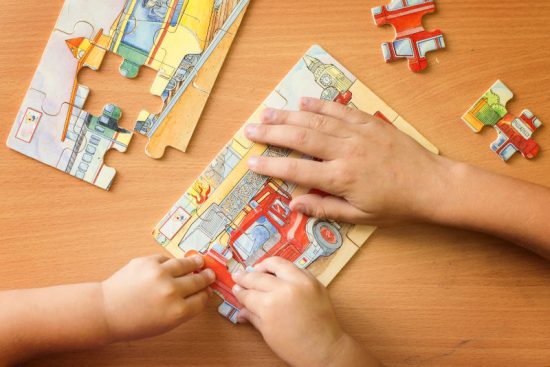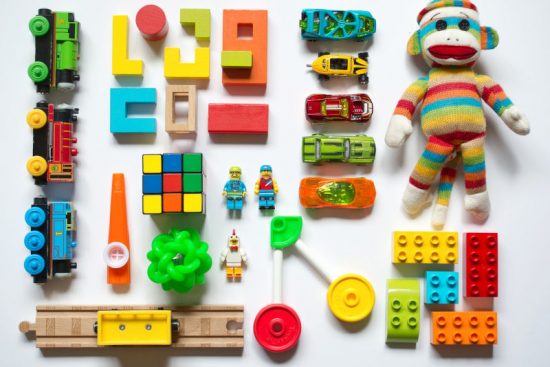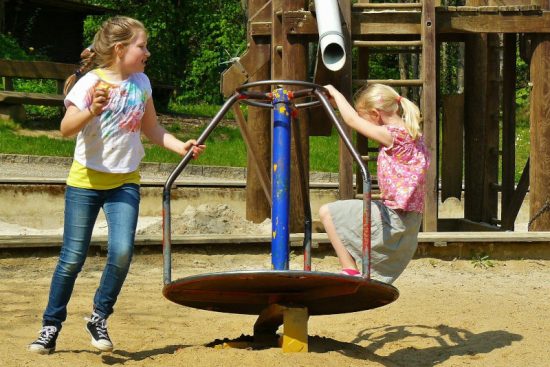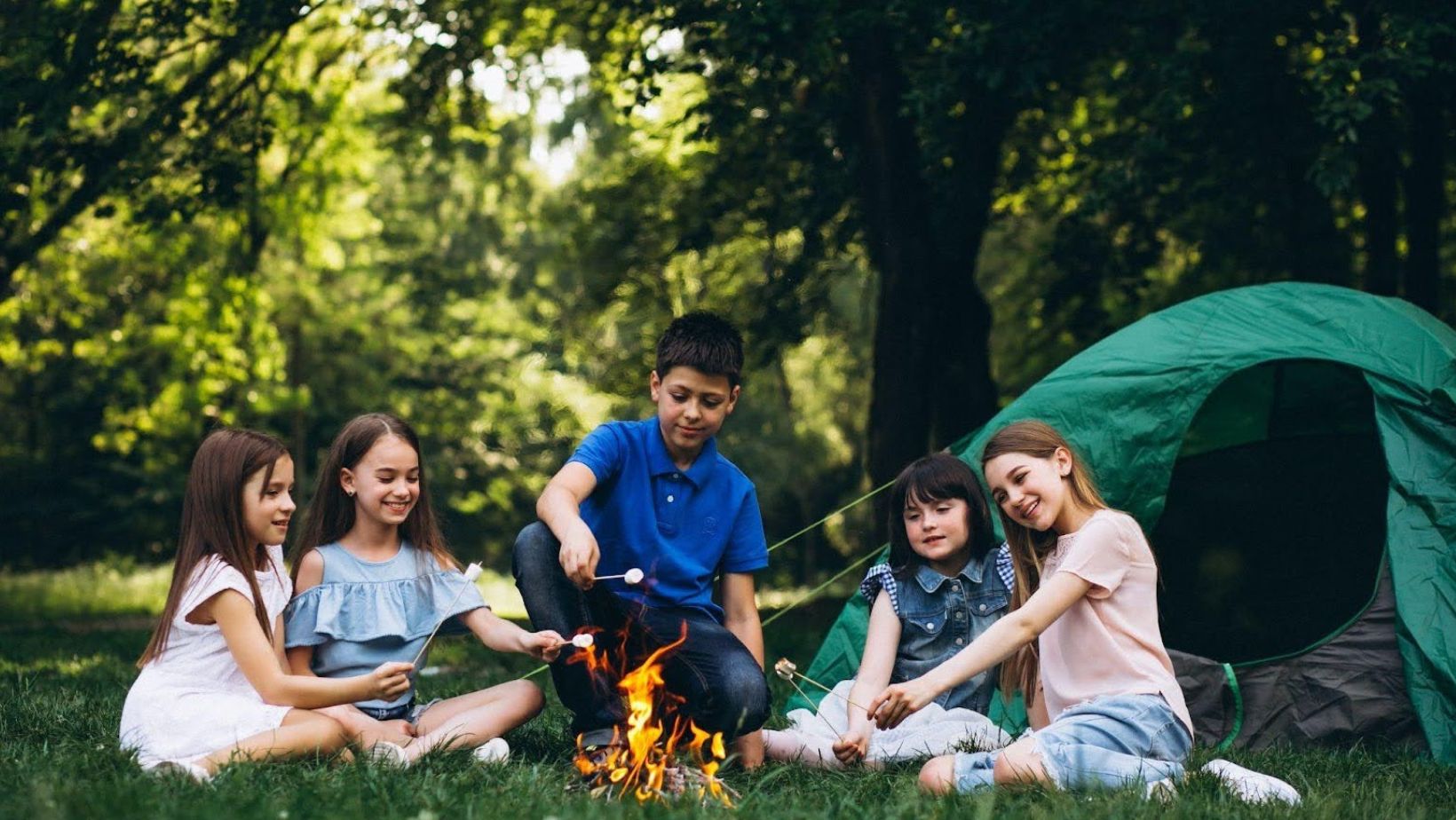
Children often learn best outside the classroom. Summer camp offers that space. It’s where routines are broken, independence is tested, and communication becomes essential. Away from home and digital distractions, campers enter an environment shaped by interaction. Whether they’re navigating group activities or sharing a cabin, the structure encourages a shift from self-focus to shared experience.
This shift builds more than friendships. It develops the foundation for social and emotional growth. Camp is not just recreation. It is where children learn how to listen, support, adapt, and thrive in the presence of others. These skills follow them home and into adulthood.
Camp Life Fosters Natural Peer Interaction
At camp, interaction is not optional. Every meal, game, and hike involves others. Campers rely on one another to get through the day. Unlike school, where academic pressure often takes center stage, camp centers on experience. This makes space for genuine interaction. Children learn how to join conversations, include others, and handle being included or excluded. These everyday moments are rich with learning.
Whether it’s a rustic overnight retreat in the mountains or a coastal summer camp in California, the environment plays a role in shaping interaction. Group living teaches compromise, shared responsibility, and mutual respect. Sharing cabins means learning to manage personal space and adapt to different routines. There’s no mute button at camp.
Kids talk through disagreements, settle rules for shared tasks, and build inside jokes. These peer-driven negotiations build confidence in communication. Over time, shy campers often become the ones leading campfire songs or group decisions.
Activities Encourage Empathy and Collaboration
Camp environments are built to emphasize teamwork over solo success. Through shared experiences, kids gain insight into others’ perspectives. They also grow more emotionally aware.
Group Challenges Build Emotional Awareness
Group games like scavenger hunts, rope courses, or canoe races push children into constant interaction. These high-energy activities expose different leadership styles and emotional reactions. When problems arise, counselors encourage campers to reflect rather than react, helping them process events verbally. As they experience both success and failure in group settings, kids become more comfortable expressing needs, resolving disputes, and supporting teammates.
Creative Projects Promote Peer Bonding
Not every social lesson comes from the playing field. During quieter moments, drawing, painting, or building, children connect in less pressured ways. These low-stakes environments invite casual conversations where emotions can surface more naturally. Campers bond through shared discovery, often revealing personal thoughts they wouldn’t in louder or more competitive spaces.
Independence Unlocks Personal Growth
Many children experience their first real independence at summer camp. Without parents nearby, they must solve problems on their own or with peers. This helps develop resilience. They realize they can manage awkward social situations, adjust to unfamiliar routines, and still enjoy themselves. The challenge is part of the process. Mistakes become learning tools, not failures.
Responsibility builds naturally. Kids manage their own clothes, attend activities on time, and navigate friendships without adult prompting. These tasks may seem simple, but they offer big payoffs. Each one fosters a sense of agency. That growing independence boosts their confidence in social settings. As they succeed in small things, their willingness to try new things grows. This curiosity leads to deeper connections with both people and experiences.
Reflection is built into many camp programs. Whether it’s during cabin check-ins or around a fire at night, campers often talk about their day. This encourages children to think about their interactions and choices. Processing those experiences builds emotional intelligence over time.
Counselors Model Healthy Emotional Expression
Camp counselors are more than supervisors. They are role models who often shape how campers handle relationships. Unlike teachers, who focus on academics, or parents, who have authority, counselors are mentors. They show what emotional openness looks like in real time. When a counselor admits they had a tough day or praises a camper for being kind, it sets a tone.
This modeling is powerful. Children watch how adults handle stress, resolve conflicts, and express excitement or disappointment. They see that it’s okay to ask for help, admit mistakes, or change one’s mind.
Campers often learn emotional habits from how counselors:
- Handle conflict with calm and fairness,
- Admit mistakes and model accountability,
- Offer encouragement without judgment,
- Express joy, empathy, and disappointment appropriately.
Children then mirror these behaviors. Over time, what they see becomes how they act. The result is a more emotionally connected peer environment.
Friendships Made at Camp Strengthen Lifelong Communication
Camp friendships are often fast but deep. With no digital filters or forced formalities, kids connect quickly. They spend nearly every moment together, from sunrise to lights out. This intensity speeds up the trust-building process. Campers get to know each other across highs and lows, through games, jokes, and vulnerable moments.
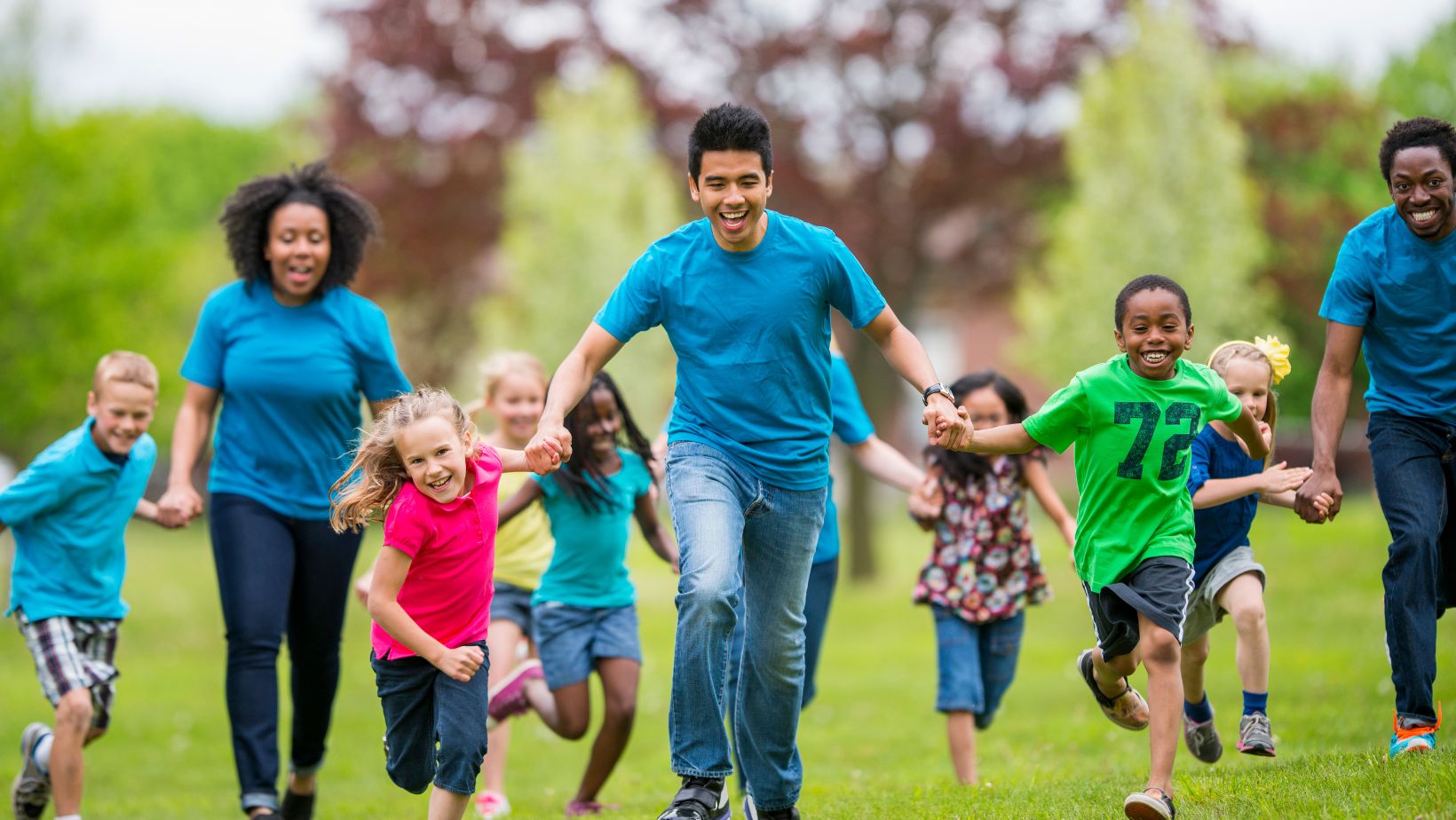
Friendships born in this setting don’t rely on shared classes or convenience. They’re based on experience, acceptance, and time spent navigating unfamiliar situations together. These types of bonds help kids practice authentic connection. They learn to listen without distractions, share openly, and support without being told to.
Saying goodbye becomes a lesson, too. Kids learn to express appreciation, reflect on shared memories, and part with kindness. They discover how to stay in touch, carrying those connections beyond camp. Writing letters, exchanging numbers, or planning reunions teaches them how to maintain friendships, a skill many adults still struggle with.
A Foundation That Strengthens Over Time
The benefits of summer camp rarely end when the bags are unpacked. What begins as a week of fun often turns into a turning point in social development. Children leave with more than memories. They return with new tools for empathy, communication, and independence. These aren’t lessons that fade. They become part of how a child sees themselves and others.
For many, camp becomes a reference point. They may draw on it in tough group projects, first jobs, or challenging conversations. The ability to manage conflict, support friends, and express emotions all grow from those early camp days. Each year, the foundation strengthens.
Parents often notice the change. A quieter child may become more outspoken. One who struggled with teamwork might return eager to help. These visible shifts hint at a deeper transformation. Behind the scenes, emotional intelligence is taking root. And with each return to camp, it grows.


